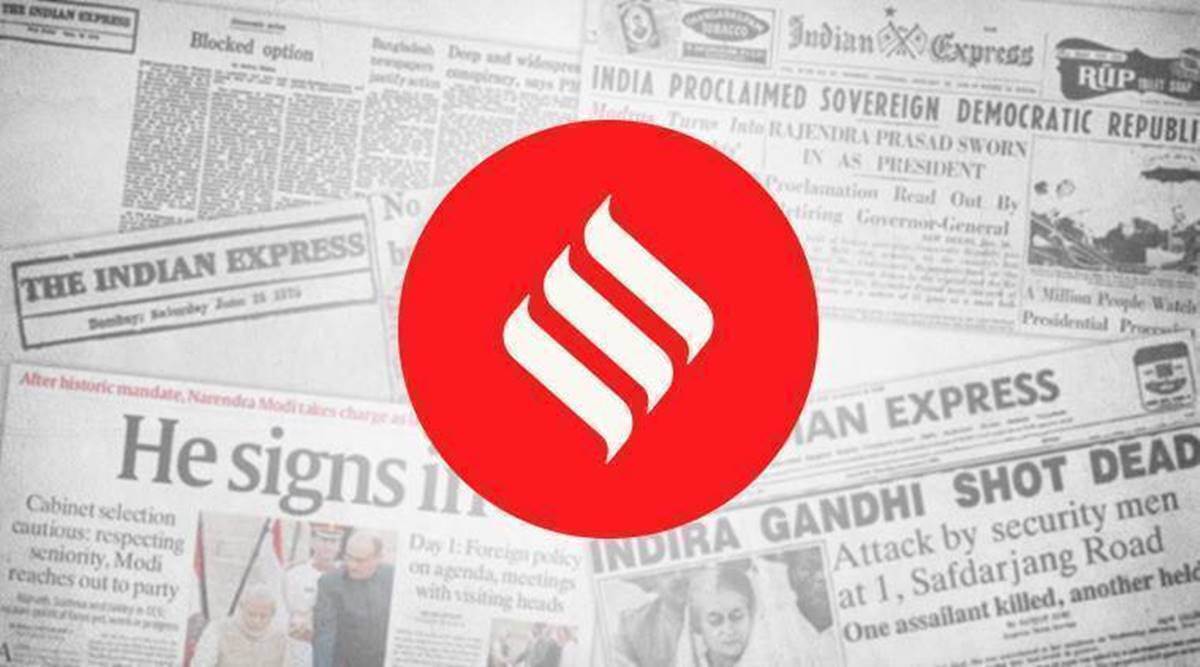 It’s too early for a conclusive answer. However, one of the protocols of vaccine development is to look at a virus as a moving target. So, safeguards against new strains are built into most vaccines.
It’s too early for a conclusive answer. However, one of the protocols of vaccine development is to look at a virus as a moving target. So, safeguards against new strains are built into most vaccines.On Monday, the central government notified The Electricity (Rights of Consumers) Rules, 2020 that are aimed at making power distribution companies more accountable to the end consumer. The underlying rationale for the new set of rules is straightforward. Power distribution companies, whether public or private entities, are essentially geographical monopolies. This leaves the end consumer with no alternative to shift even if they are unhappy with the services being offered to them — unlike the telecom sector where consumers can easily migrate to other service providers. Thus, in the absence of real competition, consumers have little or no power to hold discoms accountable for the quality of electricity supplied or the service provided. The new rules attempt to address this issue by putting in place a structure to make discoms more accountable to the end consumer, placing him at the centre of the regulations.
The rules cover 11 key areas, encompassing the obligation of the distribution licencees, metering arrangements, release of new connections, and a grievance redressal and compensation mechanism, among others. Discoms will now have to compensate consumers for long power cuts, delays in granting electricity connections, and other such lapses in service. For instance, as per the new rules, new connections should be provided by discoms within seven days of receiving the request in metros, 15 days in other municipal areas, and 30 days in rural areas — failure to comply with these timelines will result in penalties. Currently, some state electricity regulatory commissions (SERCs) do have provisions for compensation if the stated performance benchmarks are not met. However, not all states adhere to them, or have user friendly procedures for receiving the compensation. The new rules attempt to fix this by paving the way for an automatic compensation mechanism. However, there is some concern that these rules violate the domain of the SERCs. Some experts have also argued that they may be inconsistent with the performance benchmarks that have already been specified by SERCs. But, the real challenge will lie in their effective implementation.
While these are welcome steps, the larger issue of ushering in competition in the power distribution segment — the weakest link in the power chain — remains. The government had earlier hoped to introduce the model of separation of carriage and content. Doing so would have allowed consumers the freedom to choose their electricity supplier. This would have ushered in competition, forcing discoms to improve their performance standards, and adopt a more consumer centric approach.